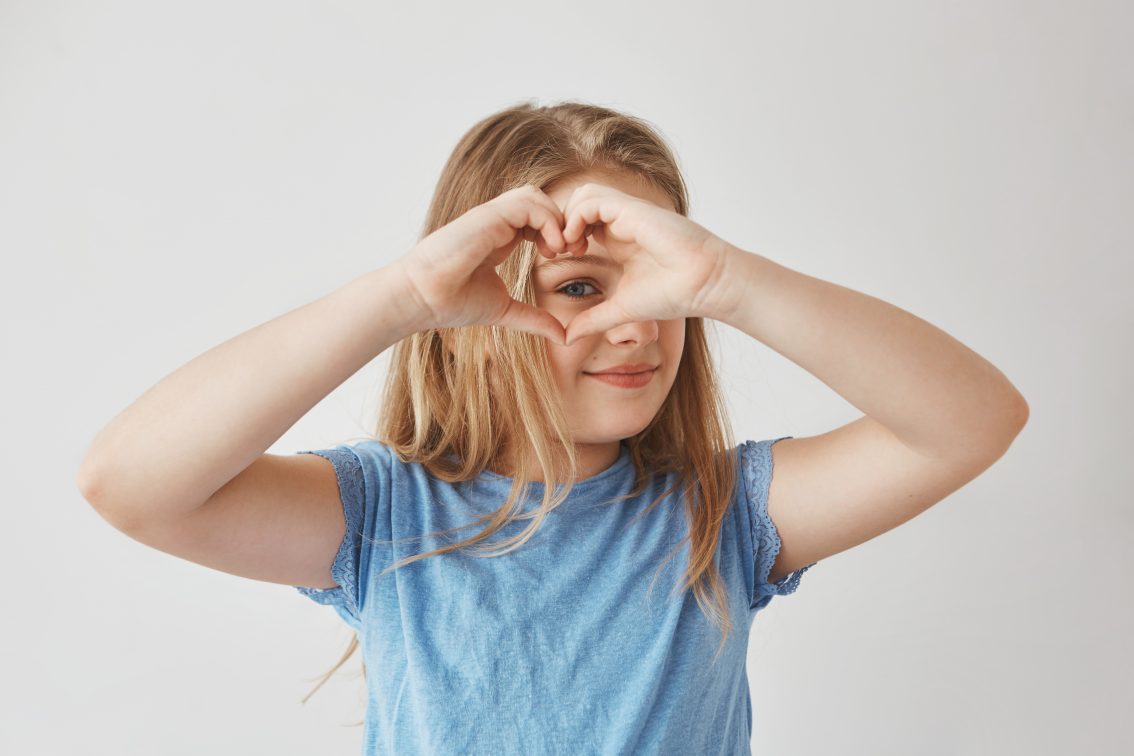Open Future and soft skills
Why did we decide to give such a large scope to soft skills in our programme? And what soft skills do we develop in children?
Based on various studies, the Education Endowment Foundation has determined that the skills with the greatest impact on learning, personal development and future employment of children and young people are the following:
- Feedback and self-reflection – these terms refer to informing both the pupil and the teacher about whether learning objectives have been met. This process helps direct the pupil and the teacher to an activity that would help the learning process as much as possible.
- Metacognition and self-regulation – help students think about their learning process. Studies have shown that by learning specific strategies for planning, monitoring and evaluating one’s learning, a pupil can achieve additional learning progress for up to seven school months.
A survey by Profesia from 2018 shows two important trends for the future of graduates’ work and skills. These are:
- Decreasing need for hard skills
- Greater emphasis and need for soft skills
Among the necessary soft skills are communication skills, flexibility, creativity, the ability to present and work in a team. These skills can be developed in a non-formal experiential learning environment outside of school.
For this reason, soft skills have been given a lot of scope in our programme, as they can be of enormous benefit to our participants.
How do we develop these skills in children within Open Future?
The process of learning soft skills is very specific, difficult to measure and, at the same time, it is the basis for learning anything else.
We focus on the following skills:
- Critical thinking
- Communication
- Self-awareness, self-reflection
- Ability to learn
- Emotional intelligence
We develop soft skills simultaneously on several levels:
- As a primary focus – regarding specific skills such as the ability to learn, critical thinking and conflict resolution. We allocate time specifically for their conscious development.
- As a secondary focus – skills such as teamwork, communication and creativity are developed in our curriculum in conjunction with the learning of other skills, such as digital and entrepreneurial skills. This happens through unconscious learning, which we reflect on regularly with the children. For example, when learning entrepreneurship or creating own projects, our participants also develop team skills, communication and the ability of self-reflection. Another such example can be coding, through which, besides algorithmic thinking, we also improve in critical thinking.
- Individually – we have set up personal development plans for the participants, which are taken care of by our coordinator. The plans include individual meetings, personal profiles and monthly reflections.
When working with the participants, the coordinator responds to their current needs and develops skills related to the realities in which the children live. For example, if conflicts often occur in a group, the coordinator arranges several meetings on communication, providing feedback and conflict resolution.
Soft skill development takes place through non-formal education, i. e. methods and techniques that come naturally to the participants, correspond to their level of development and are easy for them to learn. These techniques are mainly project learning, group work, play and, last but not least, experiential learning through which the participants’ attitudes to a given topic change. Often, this is a key first step in skill development.






